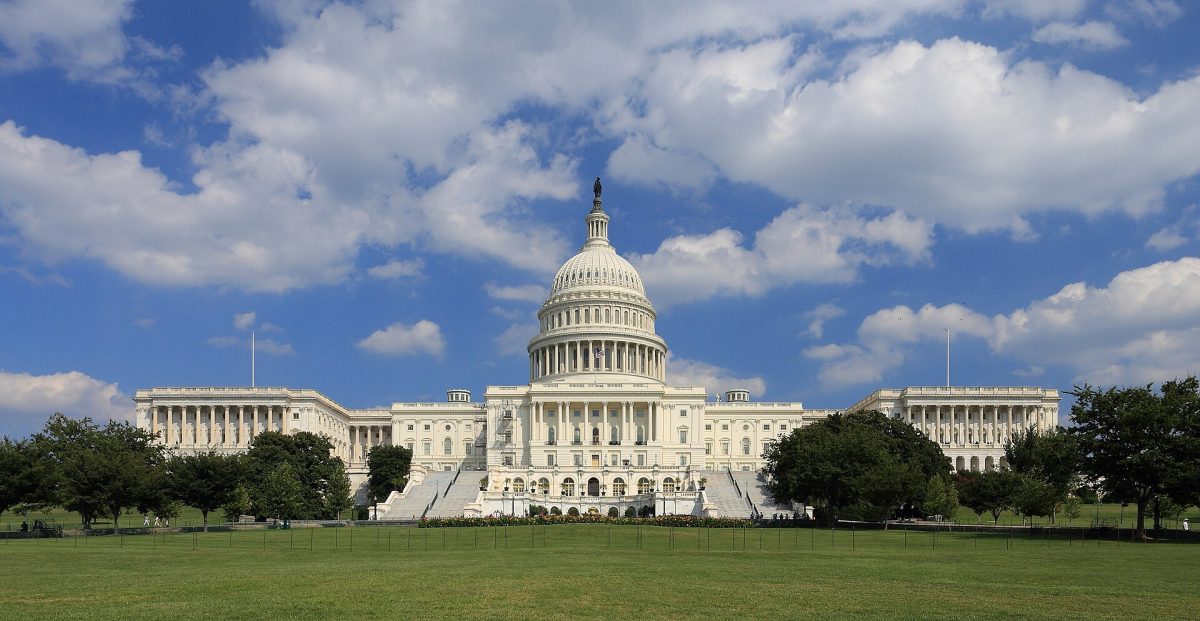The coronavirus pandemic demonstrated that academia has clearly become a product of capitalism.
Although Baruch College is known for its business programs, that does not mean that its corporate culture should not be critiqued by its students.
In fact, if anything at all, the COVID-19 pandemic should be a wake-up call to realize how toxic the culture of productivity is.
There is no reason to pretend that life is normal when the Baruch community is collectively struggling to keep up their grades, their mental sanity and their finances due to lost jobs or reduced working hours.
The New York Times, for instance, documented the hardships of a low-income student who had to drop all of her classes once they moved online to keep from failing because she didn’t have a stable home, much less stable Wi-Fi.
The pervasiveness of “hustle culture” pressured professors to maintain a high workload for themselves and their students as classes quickly transitioned to distance learning.
Some individuals have experienced elevated levels of stress from events like this year’s presidential election and continuous protests over racial injustice.
Vox stated that students feel “scatterbrained” and “distracted” because for many, the results of the election could have drastic consequences in their own lives. Similarly, according to Inside HigherEd, Black students who “engage in activism and leadership frequently sideline their own mental health needs” while they fight for the justice that is rightly deserved.
On top of a deadly virus impacting individuals either physically, emotionally or both, 58% of students have said that they were worried about their mental health. It seems ridiculous for students to also have to be stressed about passing classes and graduating on time.
Furthermore, social lives are suffering and as a consequence, meaning support networks weakened drastically for many. Humans are social animals and, according to Health Affairs, the pandemic has “highlighted the underlying weaknesses of our current social ‘support systems.’”
For students, this means when they struggle or fall behind, they have significantly less support to rely on to get back on track.
Empathy is desperately needed but found in short supply.
Despite all this, Baruch and much of the country holds tight to the damaging false meritocracy of productivity.
Good, meaningful work right now is the work that reduces pain and collective suffering, not work that adds to the stress that everyone is feeling. Productivity for the sake of productivity should not be the priority during an era of global crisis.
College institutions needs to do a better job in recognizing that their communities are struggling. At the very least, a pass/fail option should be made more readily available until the anxiety of the COVID-19 pandemic has passed.
Students need the support to help them graduate on time because not everyone has the privilege to balance full-time school and the stressful consequences of the pandemic and social unrest. Furthermore, no one should feel that they have to pick one or the other.
Unsubscribing from the notion that productivity and work are the most important parts of life is crucial.
Academia has the potential to be a compassionate, community-based institution but today it demands the same that corporations do: the entire attention, focus and devotion of its members without regard for external situations.
This past year has shown that students are struggling, professors are struggling and families are struggling. There is no need to make life more difficult for the sake of the capitalist myth of productivity.








